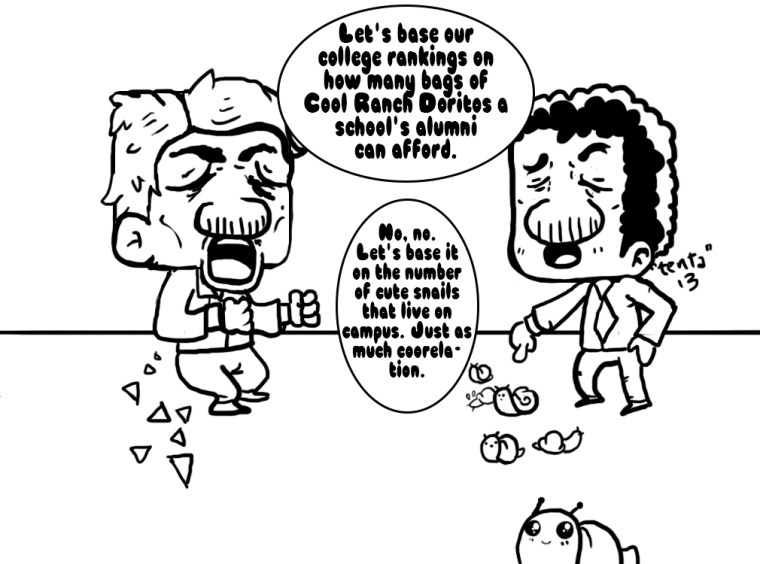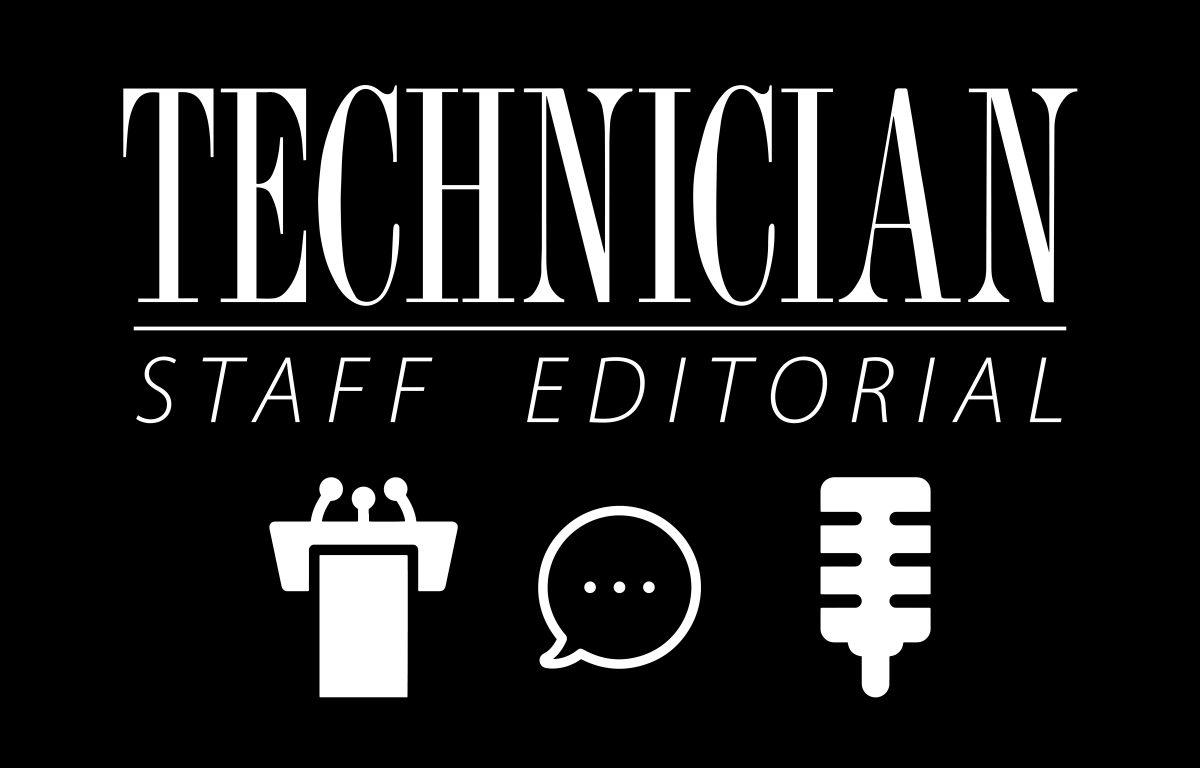Payscale.com ranks more than 1,000 institutions based on the average mid-career salaries of their graduates. Payscale ranked N.C. State at the 165th spot, with an average mid-career salary of $86,800.
N.C. State is doing well compared to other public universities in the state. UNC-Chapel Hill is tied with Whittier College for the 310th spot. UNC-Charlotte, tied with two other schools, ranks 511, while East Carolina is tied for 729th and Appalachian State is tied for 820th.
We should be proud of our N.C. State alumni. But we should ask, is this a fair ranking system? Universities should be ranked based on the quality of the education they offer. Sure, a Princeton alum earns, on average, more than an N.C. State alum. And although we can probably attribute some of this to the fact that Princeton is a more recognizable name, there are several other factors to consider.
First, universities with a lower acceptance rate attract students who are more likely to work hard in school, which means they are more likely to get high-paying jobs regardless of which college they attend. As Maria Klawe, president of top-ranked Harvey Mudd College, said, “We’re proud we’re getting the recognition, but it has very little to do with what we do–our students aren’t picking us for our salaries. They could study at a much less rigorous place and earn the same salaries.”
Second, colleges that attract more engineering students such as N.C. State are of course more likely to produce higher-paid alums than UNC-CH simply because engineers earn more than people in liberal arts fields on average. Students’ course of study often has more to do with their salaries than does their alma mater.
Third, the average salary of graduates is largely contingent upon their location in the United States as this has a dramatic effect on the cost of living, and subsequently the median income of a household. For instance, the median household income in Maryland was $70,000 in 2011, whereas it was $36,919 in Mississippi that same year.
“This ranking does seem out of line with other ranking systems related to jobs for graduates,” according to Thomas Griffin, director of Undergraduate Admissions at N.C. State.
“From the standpoint of providing useful information to students, rankings are only as good as their methodology. Some ranking systems use clear and reasonable methodology and others use questionable methodology.
“Rankings can be easily skewed by poor survey methods or by inappropriate weighting of elements used in the rankings,” Griffin said. “Unfortunately, many busy students and parents don’t have the time to look into the details of the ranking system and take rankings at face value.”




